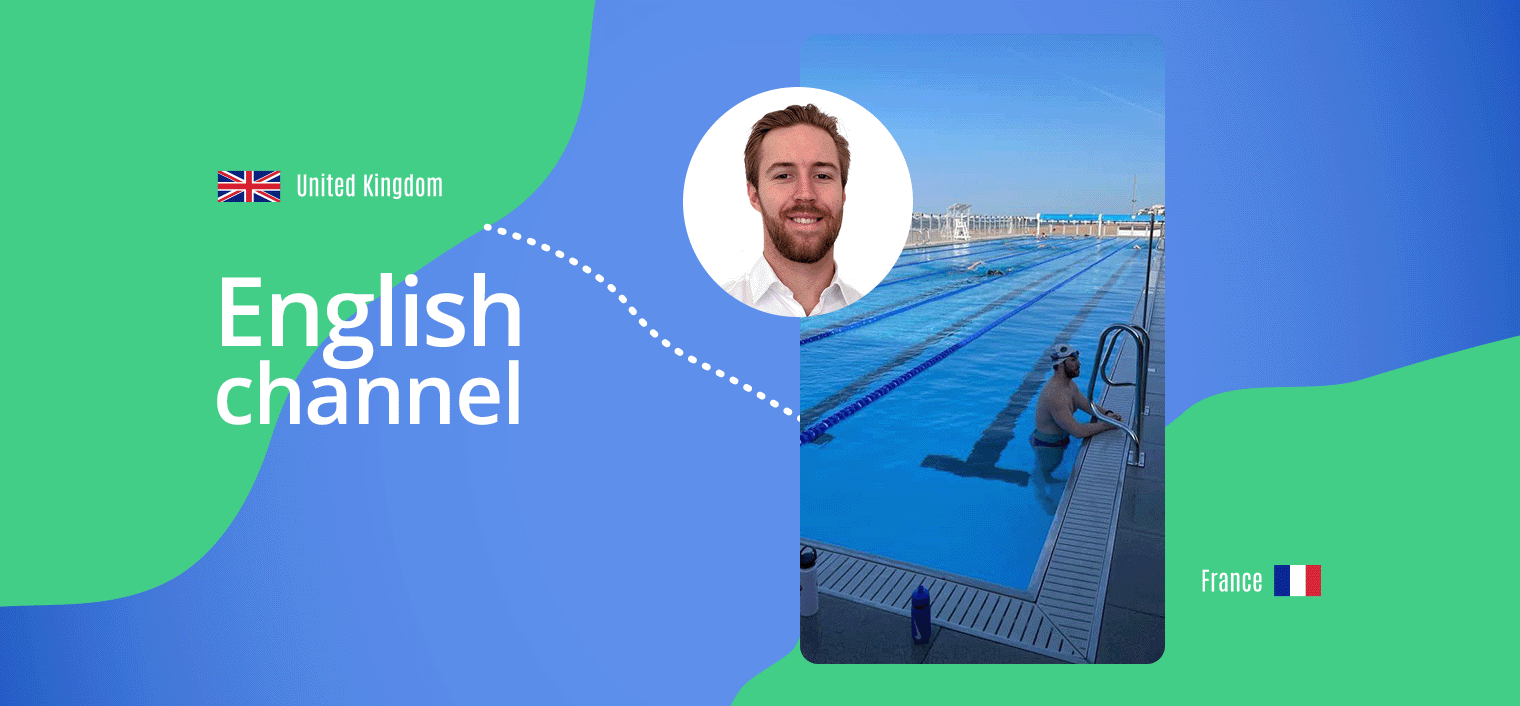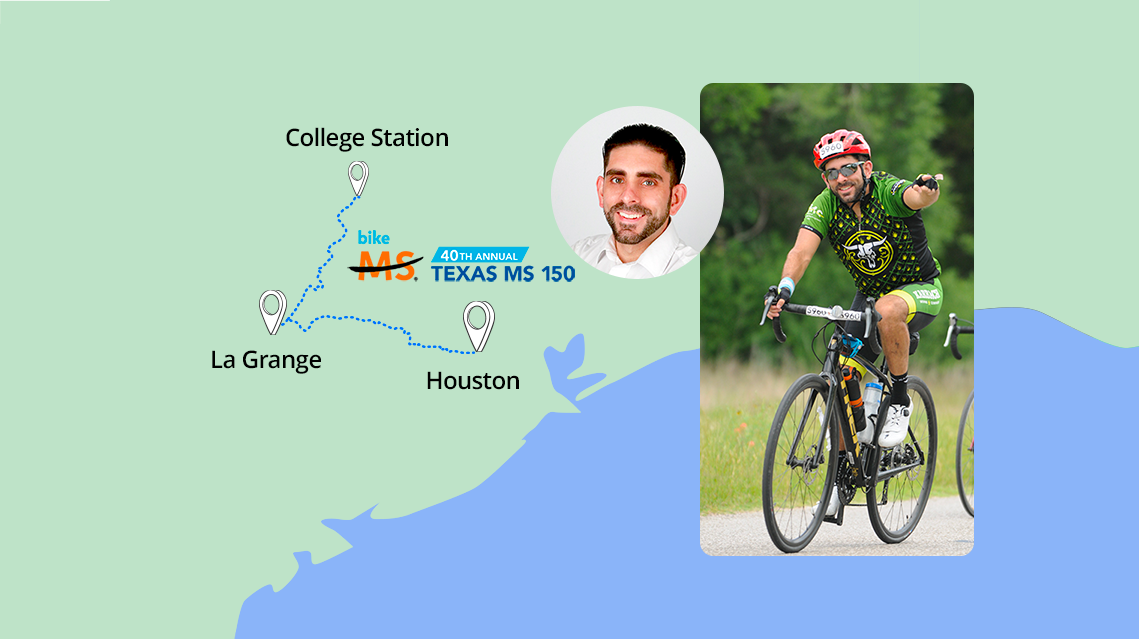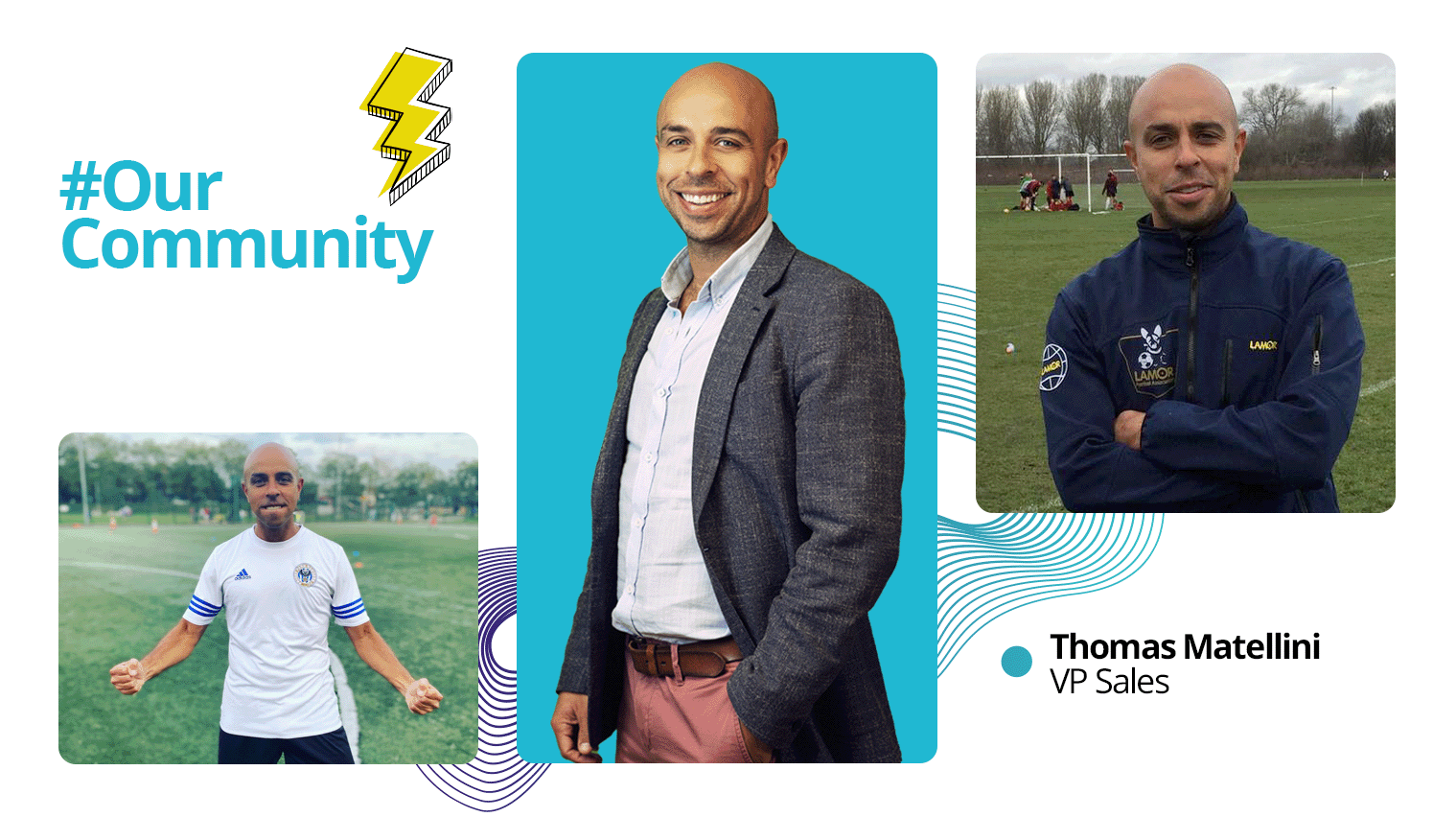Our community is happy to have enthusiasts like our colleague Andrew Cornish, Account Manager who reveals the secrets of his preparation for swimming the English Channel.
Why did you decide to participate?
I chose to attempt this because of my previous experience completing a English Channel relay in 2018. It was a captivating adventure that began at midnight and lasted for 14 hours until we reached the French coast. Completing this taught me a huge amount about how resilient the human body is, and also instilled a great sense of pride and accomplishment in what I had done. I have also been inspired by the tales of early long-distance swimmers such as Lord Byron (first notable example of open water swimming when he swam from Europe to Asia across the Hellespont Strait in 1810) and Capt. Matthew Webb (first person to swim the English Channel in 1875).
I use swimming as a way to switch off and clear my head after a challenging day. While I wasn't particularly fit or athletic in my younger years, I am now motivated to pursue such demanding feats and enjoy the training process in the build up to them. I believe that sharing this story with future generations will show them the value in tenacity and how much can be accomplished with hard work.
![]()
How do you prepare?
Preparing for a channel swim requires both physical and mental training. I maintain an intense swimming routine, typically swimming between 15 - 20 hours per week. During the winter, I brave the 5°C waters in the sea off Brighton for shorter swims to increase my resistance to the cold. As well as doing additional work in the pool to increase my speed and technique. In the summer, I engage in much longer swims lasting six hours or more, also still complemented by additional training in the pool. Strength training also plays a crucial role in my preparation, as it helps protect my joints from the repetitive movements in swimming.
In terms of nutrition, my primary focus is to consume enough food to fuel and recover from my training as well as to maintain some level of body fat (this aids my resistance to the cold as well as my buoyancy when swimming). During longer training sessions, I incorporate short feeding breaks every hour to replenish my energy levels and complete the remainder of the session.
I am also taking part in a swim of the length of lake Windermere in September 2023, this is half the distance of the channel so a good way to gauge my process a year out from the crossing.
![]()
When will the event take place?
The swim is scheduled to take place during the final week of September 2024. The timing depends on favorable weather conditions, and I will be notified by the support boat group once the conditions are deemed suitable for the swim. If conditions are favorable and I avoid any issues, I expect the channel crossing to take anywhere from 12-14 hours.








